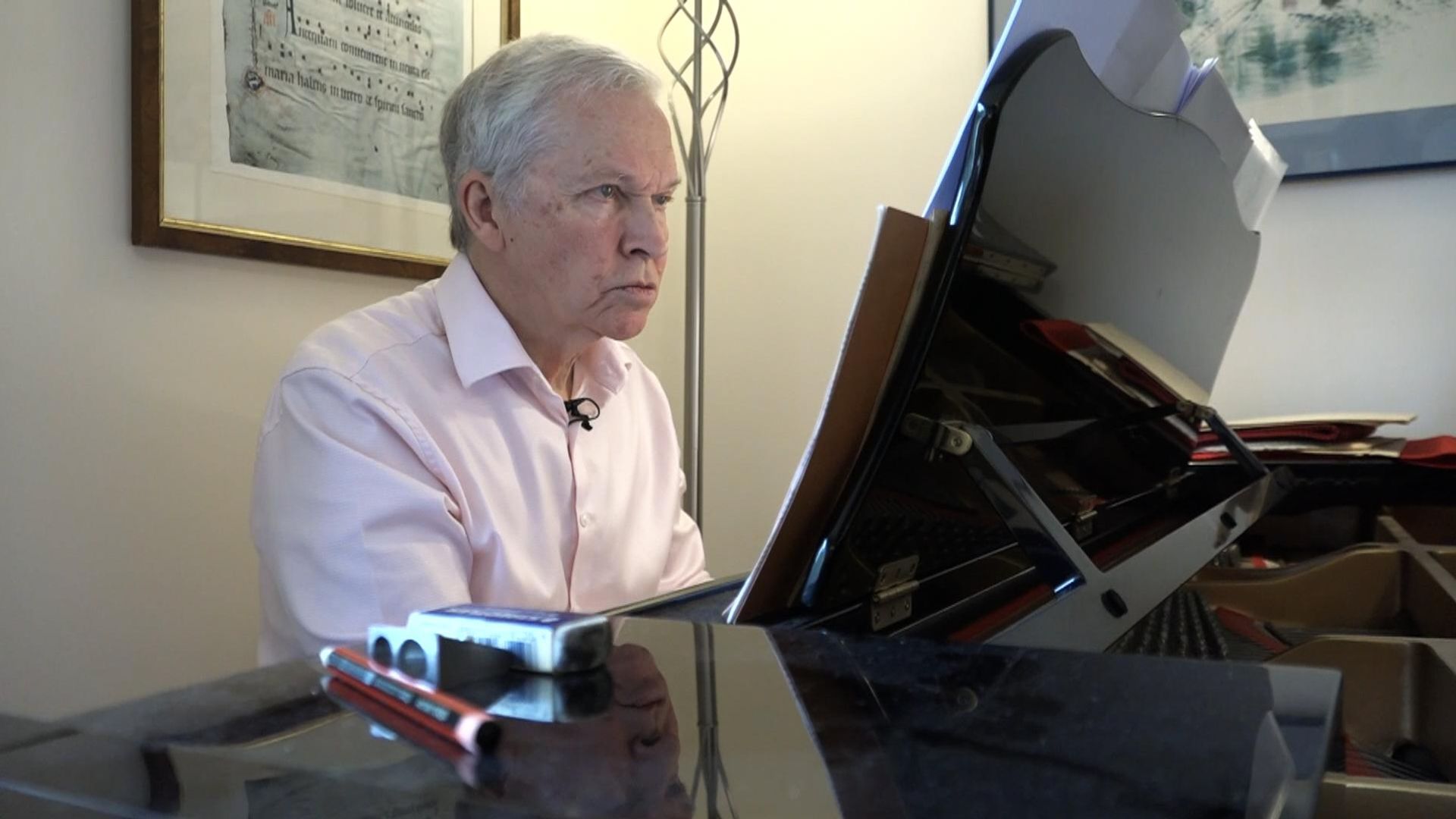
The BDN Opinion section operates independently and does not set news policies or contribute to reporting or editing articles elsewhere in the newspaper or on bangordailynews.com.
Stephen E. Herbits is a former consultant to several secretaries and deputy secretaries of defense, executive vice president and corporate officer of the Seagram Company, advisor to the President’s Advisory Commission on Holocaust Assets, and secretary general of the World Jewish Congress. He wrote this column for The Fulcrum.
I have had the unique privilege of working with the Defense Department on six presidential-level transitions, in addition to holding two non-transition posts within the department.
Simply stated, Sen. Tommy Tuberville’s anti-democratic behavior is seriously degrading our national security every single day, an issue clearly shown as related to the current crisis in the Middle East.
His tactic is a blockade of all general officer promotions (excepting the three on which he caved to unimaginable pressure) until the department amends its abortion policy, a topic unrelated to the positions he is withholding. Such behavior is a form of extortion, holding our security for the ransom of the senator’s personal views.
As nominations and assignments for general officers of all the services require Senate confirmation, the process for accomplishing that has been in place for decades and has worked smoothly, even when there have been differences between the parties. But at no time has a single senator done such egregious damage to our national security. The result of tying up these nominations is that the best and brightest of our senior military are leaving their service prematurely, reducing the pool for promotion and therefore, the ultimate quality of our uniformed personnel. Anyone who has worked for any organization with promotion opportunities understands this notion.
Tuberville has created gaps in our talent pool at the most senior levels, requiring our defense establishment to nominate officers with higher qualifications who may have spent more than 30 years gaining needed experience, education and further qualifications for the top posts. As the pyramid structure narrows, he forces out the most important personnel who taxpayers have spent decades preparing. Just as these senior officers have the most to offer our nation, he refuses to give the best of them the opportunity to do their jobs. Without opportunity for promotion, many officers will leave for the private sector just when we need them the most.
Having held up approximately 300 nominations for months on end, his actions are a disgrace to our democratic system of working with others in the Senate and coming up with a solution to the issues about which he is concerned. He is able to do this because of Senate rules, not laws nor constitutional loopholes.
But it is not only Tuberville who should be ashamed.
The minority leader, Sen. Mitch McConnell, has tremendous power over his caucus, such as removing Tuberville from all committees, but McConnell has chosen to remain silent. However, it is not just the Republicans who are behaving badly. The current majority leader of the Senate, Chuck Schumer, had two options at his disposal to address this behavior, which he has yet to utilize.
The first option would have been to attempt to amend the rules, perhaps for an agreed one-time use, to require that votes on military nominations may not be held up by a single senator unless the reason relates directly to the person’s qualifications for the position for which he or she has been nominated.
Of course, that would require a simple majority vote, which puts Sens. Kristen Sinema, I-Arizona, and Joe Manchin, D-West Virginia, on the spot. They don’t like changing rules, even if the rule change is reasonable and/or for one particular use, such as in the case for essential military nominations. If they are preventing this kind of rule change, then the voters in their states who consider our national security important should defeat them at the polls.
The majority leader had another option. After being unreasonably patient, he should have held the Senate in session at the end of July for seven days a week, 24-hours a day and dealt with each nomination separately if necessary. How long would the rest of the Senate tolerate this infringement on their summer recess before forcing Tuberville to end his blockade?
A solution is necessary now before any further damage is done to our national security and standing in the world. Tuberville’s actions must be stopped so that these essential military promotions can resume. Whatever option, or another if one is available, is necessary now. Tuberville’s petulance suggests he returns to getting paid for calling plays for football teams without damaging the rest of America.









